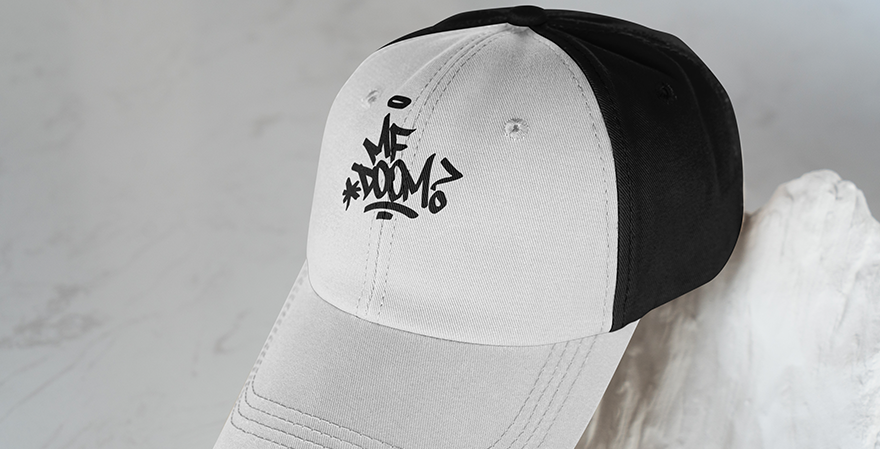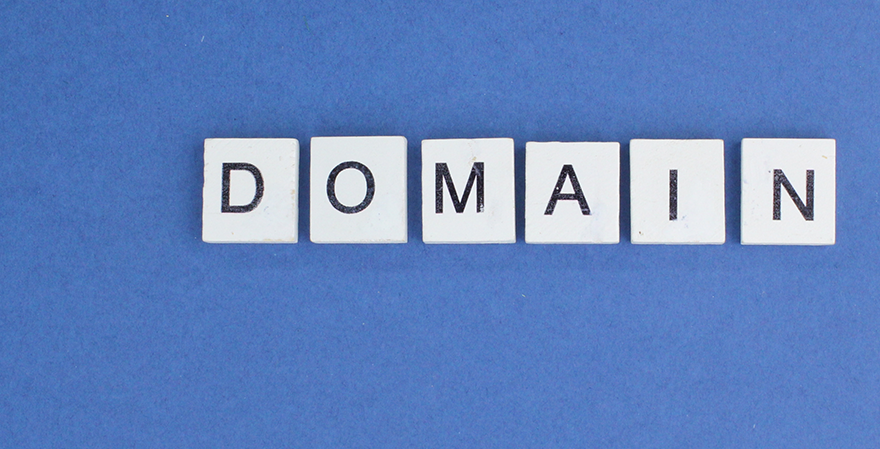TikTok Files Expansive Trademark Amid Looming U.S. Ban
 Jul/28/2025
Jul/28/2025
On July 21, as political pressure over its future in the United States mounted, TikTok filed a sweeping new U.S. figurative trademark application covering an unusually broad array of goods and services — from smartphone accessories and digital advertising to cloud hosting, software development, and online entertainment. The application, which outlines everything from selfie sticks and protective cases to SaaS, VPN communication, and video-sharing platforms, reads less like a standard brand protection measure and more like a blueprint for a full-fledged technology ecosystem. The timing is notable. The Biden administration, following through on Trump-era policies, has set a hard deadline of September 17 for TikTok’s parent company ByteDance to sell off its U.S. operations — or face a full ban. Commerce Secretary Howard Lutnick has made clear that if China does not agree to relinquish control of the platform and its coveted recommendation algorithm, TikTok will "go dark" for 100 million American users. Though ByteDance has denied working on a U.S.-only version, TikTok’s trademark filing could be interpreted as a hedging maneuver—preparing legal and commercial groundwork for a possible future as a domestic tech entity, independent from its Chinese origins. With negotiations in flux and geopolitical scrutiny intensifying, the application underscores TikTok’s desire not just to remain in the American market, but to expand its operational footprint across hardware, software, and digital services—assuming it survives the political reckoning.


















